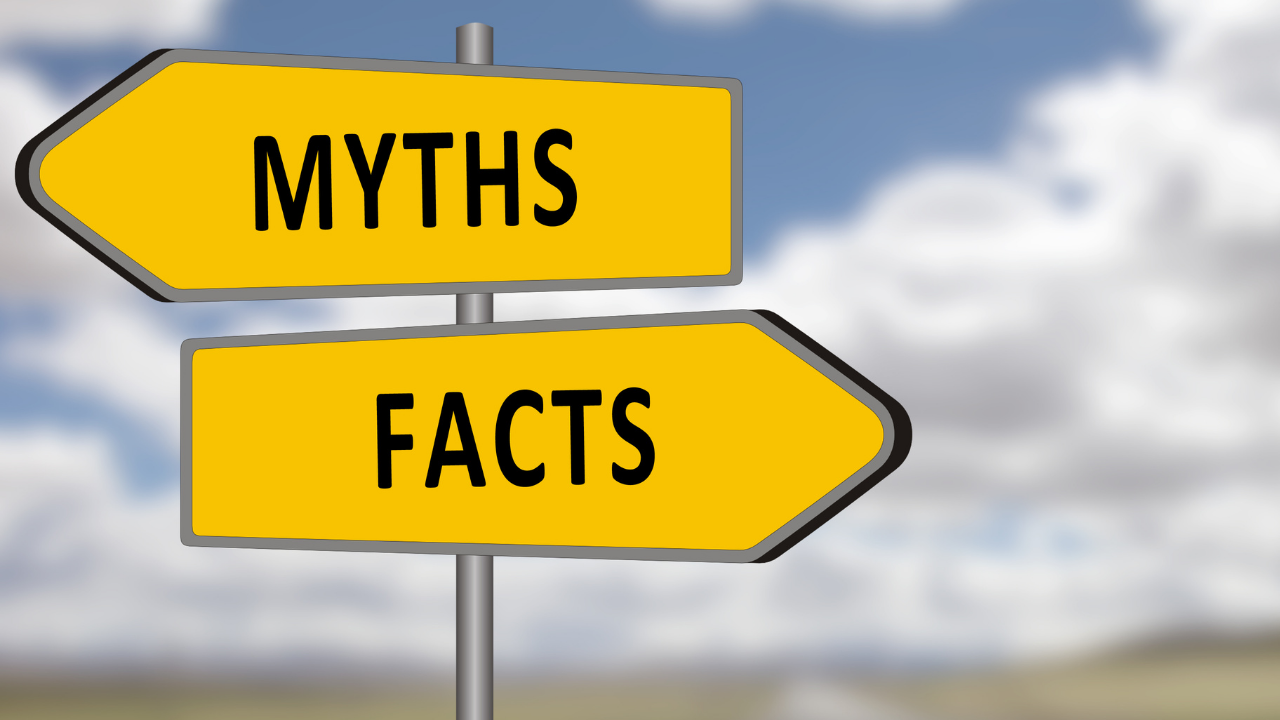3 Nutrition Lies That Need to Die

Whether you’re scrolling through social media, reading your favorite magazine, or visiting popular websites, you are exposed to an unlimited amount of nutrition and health information, the majority of which are FALSE!
It seems like every other day a new influencer comes out claiming that ‘X’ food will either be the key to longevity and health; or eventually will kill you.
It’s time to set the record straight. Let’s debunk the top 3 nutrition misconceptions that I get asked about:
Myth: Starvation mode is the reason you aren’t losing weight
Truth: Starvation mode is real, but it’s not as powerful as some people think.
What people refer to as “starvation mode” is the body's natural response to long-term calorie restriction. It involves a reduction in the number of calories your body burns per day, which can slow weight loss overtime. Most people assume that this is what’s hindering their weight loss progress, however, 9 times out of 10 it’s due to restricting calories too low which turns into binging on food.
Myth: Sodium is bad for everyone
Truth: Sodium is an essential nutrient
While it’s true that Americans consume too much sodium (on average 3,400mg per day), it’s still important to consume it in small amounts. Sodium is both an electrolyte and mineral that have many functions including:
- Balancing the amount of water in your body
- Balancing your body's acid/base (pH) level
- Moving nutrients into your cells
- Moving wastes out of your cells
- Making sure that your nerves, muscles, the heart, and the brain work the way they should
The recommended amount of sodium for healthy adults per day is 2,300mg and for those with certain conditions such as heart disease, hypertension, or metabolic syndrome (just to name a few), the recommendation is 1,500mg per day. Keep in mind that one teaspoon of table salt contains 2,300 mg of sodium!
Myth: Calories eaten at night cause weight gain
Truth: It doesn’t matter what time of day it is, the calorie makeup of the food doesn’t change
Many people worry about gaining weight when eating later than a particular time. For example, a common phrase I hear is, “don’t ever eat past 7pm”. The truth is, most people tend to overeat on high-calorie foods while unwinding after a long day which can cause them to eat an excess amount of calories that can ultimately result in weight gain. However, if someone is within their daily calorie needs for the day and decides to have a late night snack before bed, there will be no major difference in calories and therefore they will not gain weight. At the end of the day, what you eat and how much you’re eating is much more important than when you eat!


